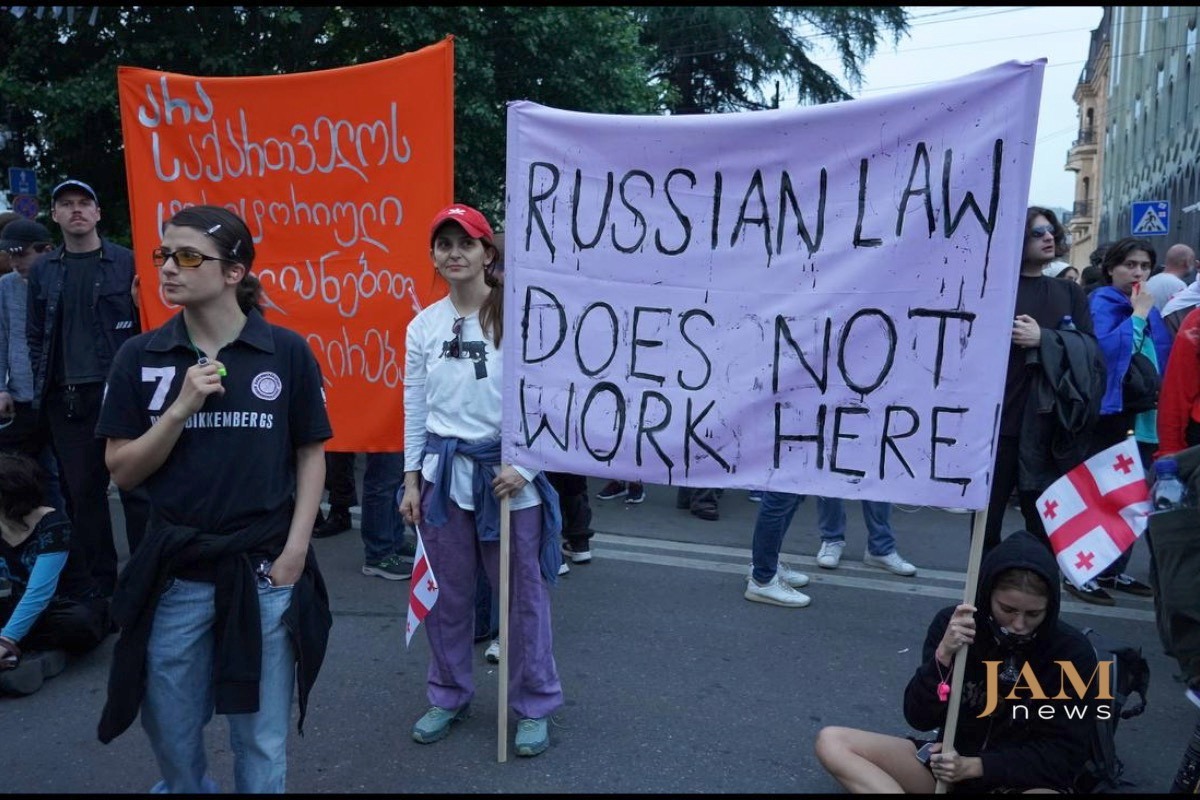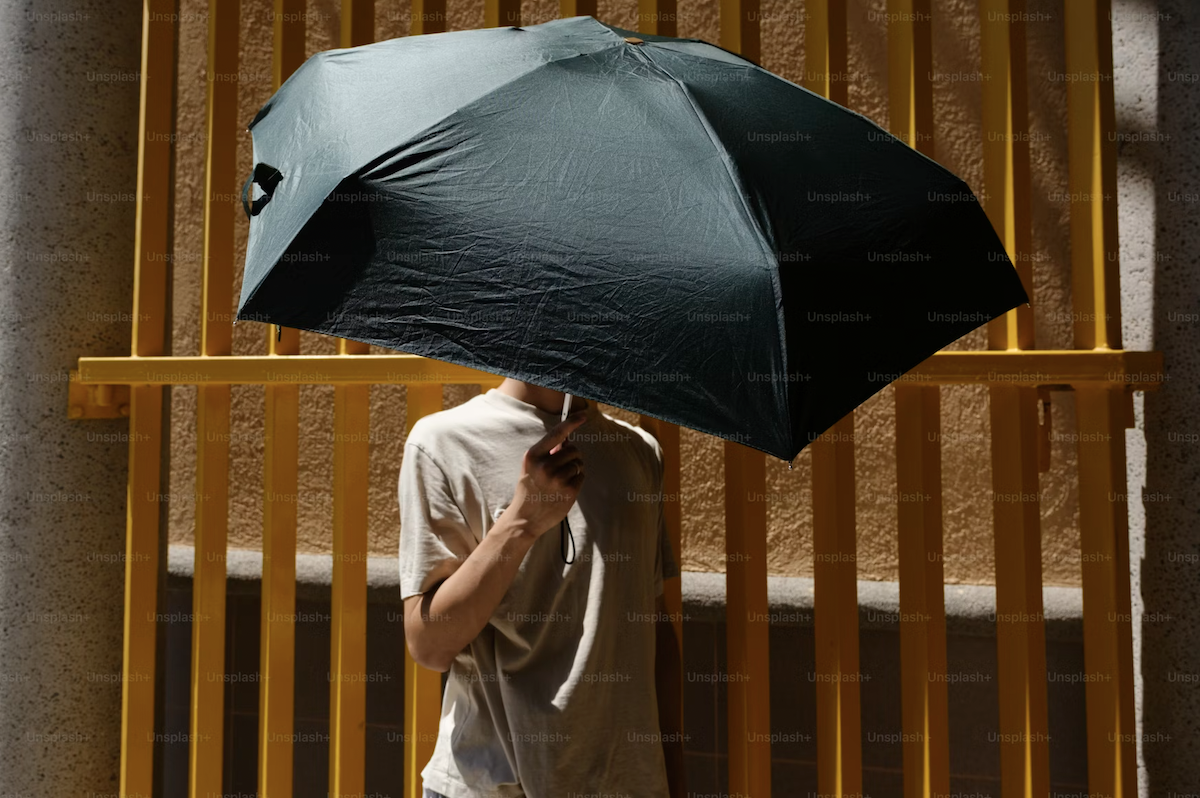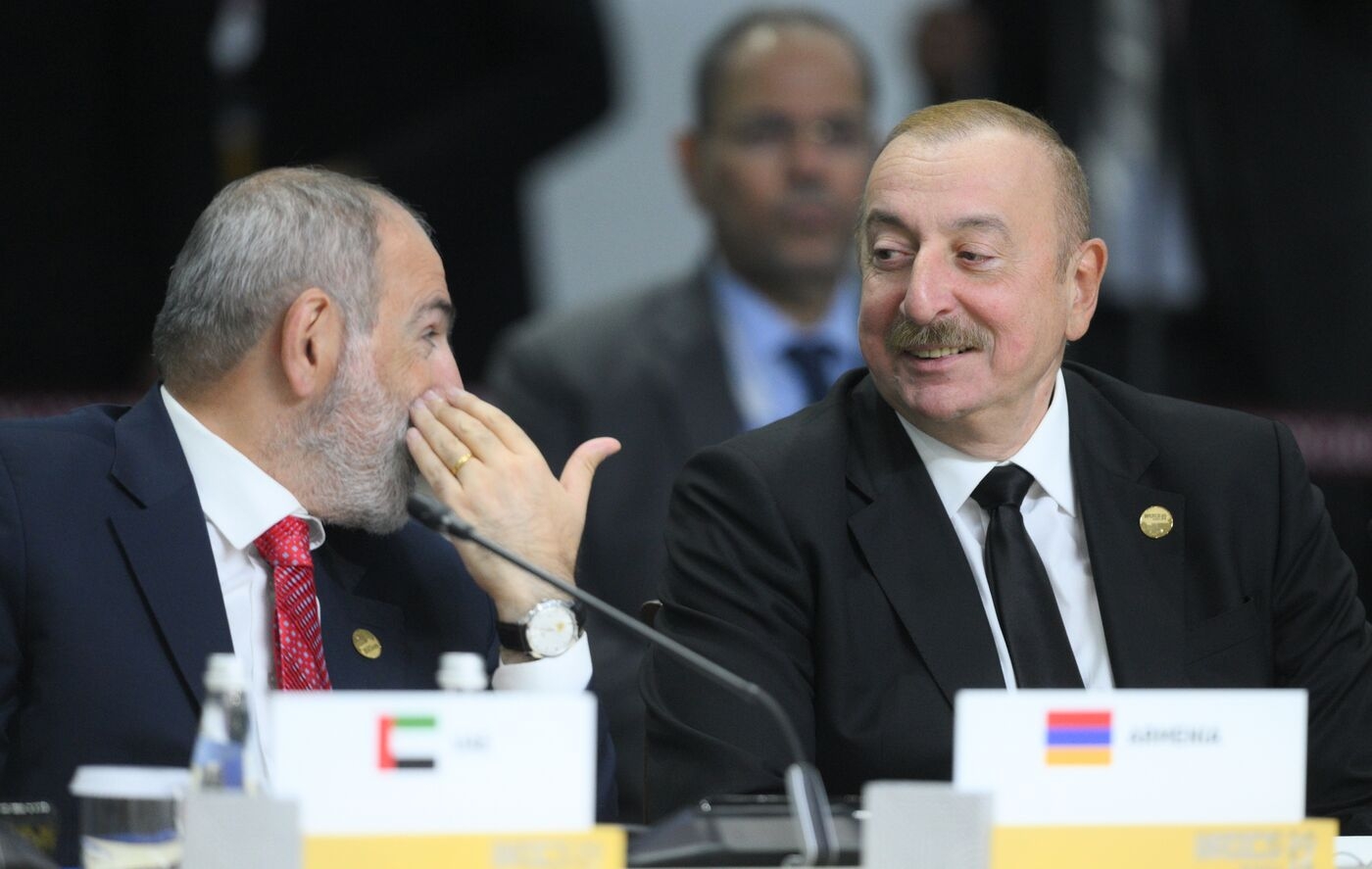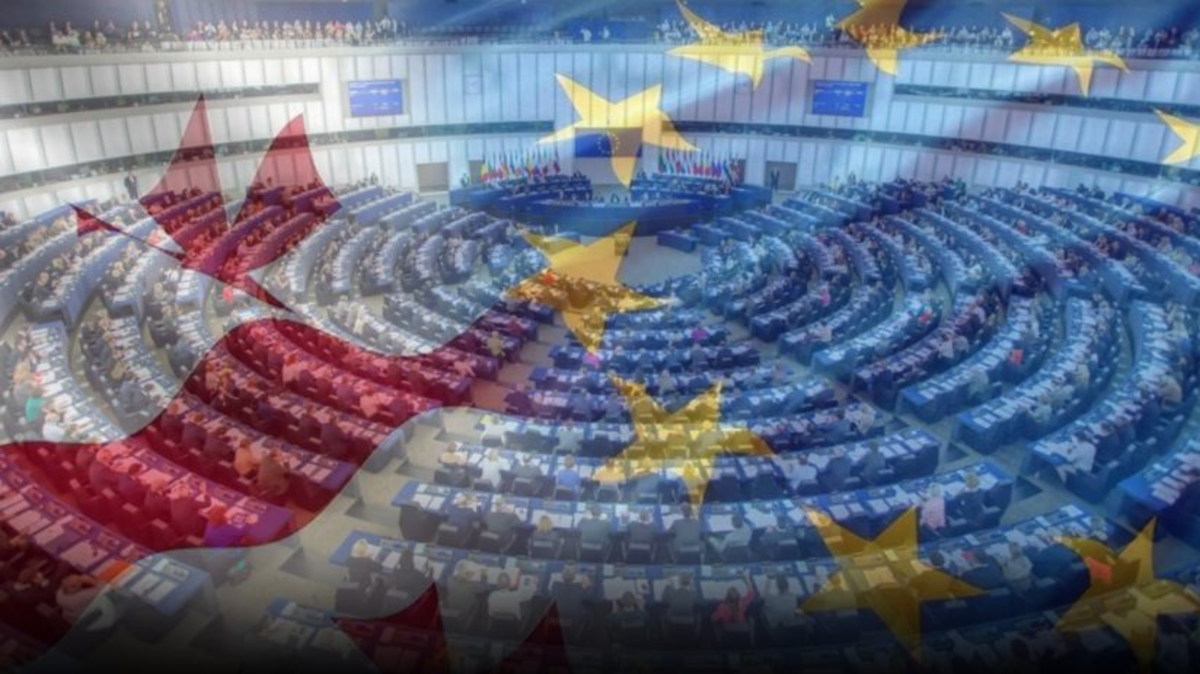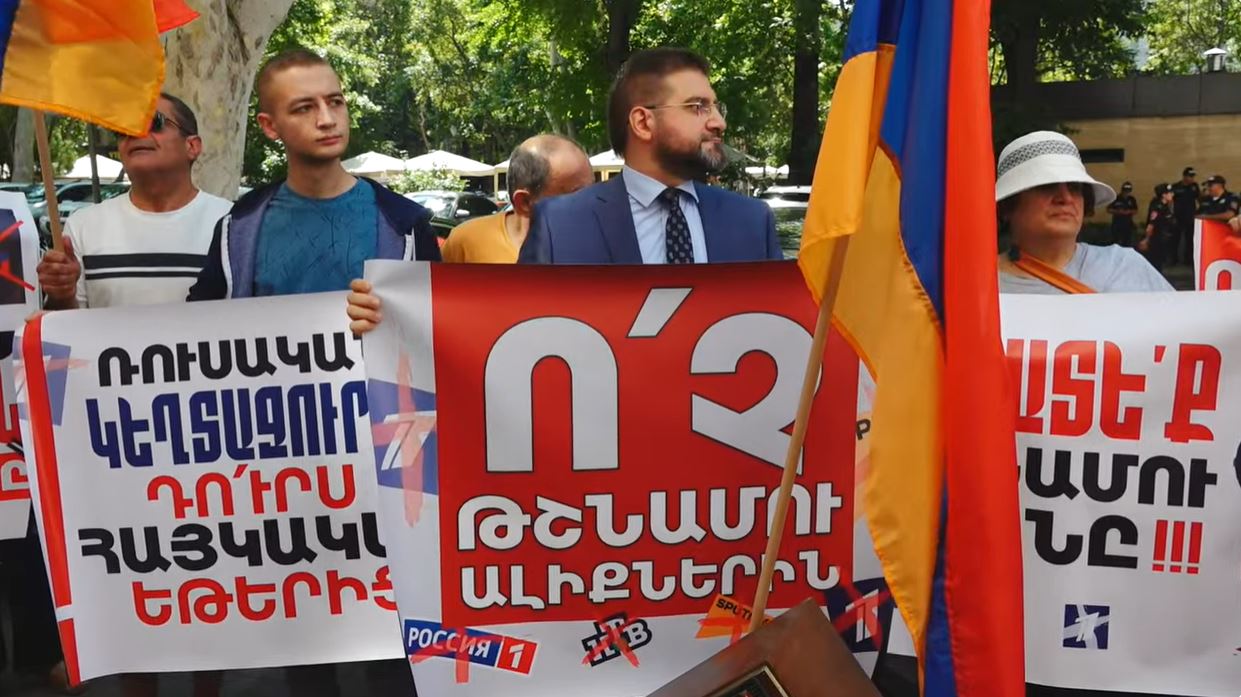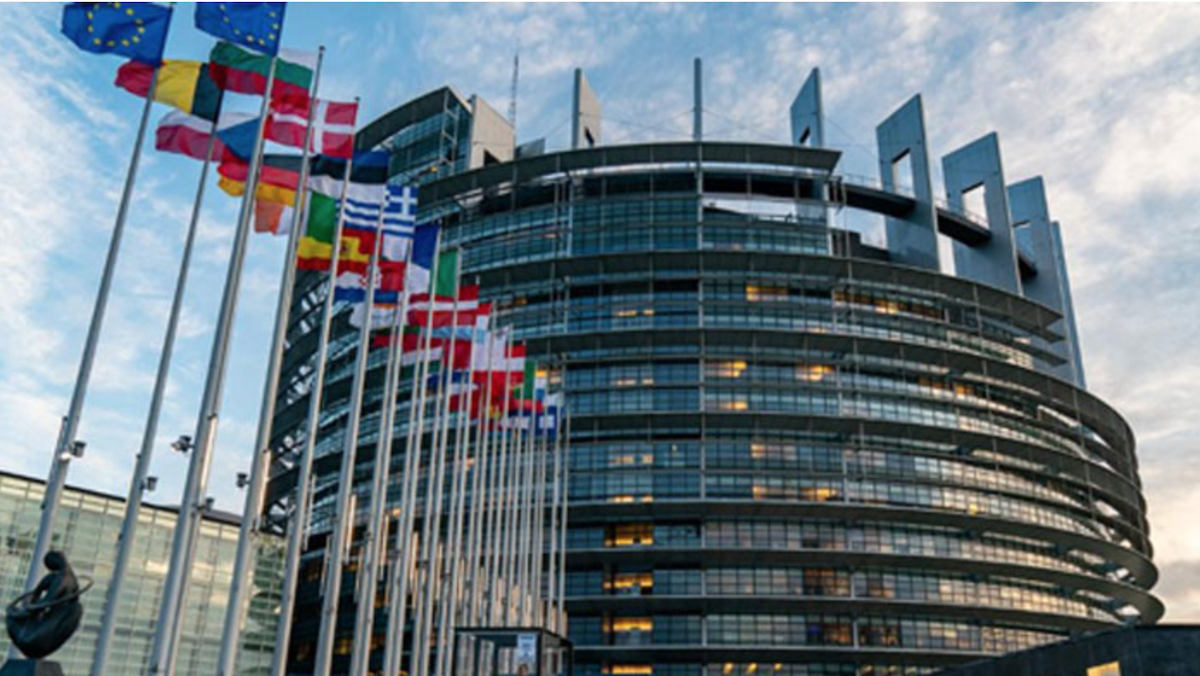"They [Georgian government] want to be a dictatorship, not a democracy"- U.S. Senator Jeanne Shaheen's interview
U.S. Senator Shaheen on Georgia
The main topics of the interview with Senator Jeanne Shaheen for National Journal were the “Russian law” (as the “law on foreign agents” is called in Georgian society), relations between the governments of Georgia and Russia, the Georgian people’s Euro-Atlantic aspirations, and the suspension of U.S. financial assistance.
Key points from Senator Shaheen:
- The “Russian law” reflects a similar law adopted in Russia, which caused many civil society representatives to leave the country. We are seeing something similar happen in Georgia. The European Union has stated that this law does not meet the requirements for EU membership, leading to a halt in Georgia’s EU accession process.
- Prime minister Irakli Kobakhidze’s claim that the law is aimed at ensuring transparency is untrue. It is intended to suppress civil society. This is what the prime minister told us when discussing relations with the U.S. and our concerns about the deterioration of these relations — the “Georgian Dream” government is not willing to address these concerns. The prime minister’s request was for us to stop funding all civil organizations that might be critical of the “Georgian Dream” government.
- Even more alarming is that, after our visit, the authorities are discussing the dissolution of all opposition parties. Essentially, they are talking about turning the country into an autocracy. They want a dictatorship, not a democracy.
- I believe it’s hard to imagine how [Georgia] can continue on the path of democracy if the elections are not free and fair. We expressed concerns in meetings with the defense minister, prime minister, and foreign minister. We also met with president Salome Zourabichvili, who shares our concerns.
- With Russia occupying 20 percent of Georgia’s territory, it is difficult to understand why the country is adopting “Russian laws.”
- Regarding the suspension of $95 million in U.S. aid to Georgia, the resumption of funding depends on the review currently underway by the U.S.
- As for the “Megobari Act,” I hope its key provisions, including sanctions, will be implemented.
What’s important to know about Georgia’s ‘foreign agents’ law?
- The “Law on Transparency of Foreign Influence”, initiated by the ruling Georgian Dream party, was passed by Parliament on May 28, 2024. The legislation establishes a special registry for “foreign agent organizations,” defined as entities where more than 20 percent of funding comes from foreign grants. In a small and relatively poor country like Georgia, this effectively includes nearly all non-governmental organizations.
- The Parliament adopted this law despite massive protests, persistent calls from Georgia’s Western partners, and the opinion of the Venice Commission of the Council of Europe.
- After the passage of the law, the US announced the first package of sanctions against the “Georgian Dream” government. Secretary of State Antony Blinken warned of a “comprehensive review of US-Georgia cooperation.”
- The European Union also took retaliatory measures. In early July, the EU halted €30 million in aid to Georgia and warned of additional measures to come. Senior EU officials have repeatedly indicated that this law distances Georgia from the EU.
- On July 11, the U.S. House Committee on Foreign Affairs passed the Megobari Act, which imposes sanctions on those involved in passing the “foreign agents” law.
The Georgian government’s main argument is that similar laws exist in the U.S. and several European countries, including France. According to Georgian Dream, every country has the right to protect itself from foreign influence and demand transparency from its organizations.
However, this comparison is inaccurate because:
The American law FARA (Foreign Agents Registration Act), to which Georgian Dream refers, was enacted in the U.S. in 1938, before World War II, and aimed to protect the American public from Nazi propaganda. Neither then nor now did FARA apply to America’s allies and friendly countries.
In France, the law on “Foreign State Influence” includes a specific list of countries to which the law applies. This list comprises countries whose influence France considers a threat, including Russia, China, Turkey, and Iran. The French version also specifically states that this law does not apply to EU countries. The Georgian version lacks such provisions. Consequently, this law directly impacts organizations funded by the U.S. and the EU—friendly and partner countries that support democratic processes and numerous vital projects in Georgia, ranging from healthcare and infrastructure to strengthening civil society.
Furthermore, FARA stipulates that the law does not apply to media or NGOs, only to lobbying organizations. The Georgian version does not have this clarification.
Overall, the Georgian law is similar to the Russian law, which primarily affected media and the NGO sector. As a result, all non-governmental and media organizations not controlled by the Kremlin have been shut down in Russia. Hence, the Georgian law has been dubbed the “Russian law.”
It’s also important that this law contradicts EU legislation. When a similar law was adopted in Hungary, it was annulled by the European Court of Human Rights because it was directly aimed at silencing the media and oppressing NGOs.










